American Nationalism: Creedal, Cultural, and Preferential
It is interesting to reflect when a topic bursts into public view and comes to dominate public discussion: Why nationalism now?
William GalstonJanuary 16, 2020
Is Liberal Neutrality Possible?
I am grateful that the post-liberal, nationalist right has grown more explicit about its antipathy to core tenets of classical…
Paul D. MillerSeptember 9, 2019
Looking for Common Ground on the Right
There are two different conversations going on simultaneously from the right. One is an argument directed outward, toward the progressive left and “globalists.” The other is an argument directed inward, within the right, between nationalists and conservatives.
Paul D. MillerSeptember 4, 2019
Debating “National Conservatism”
I welcome the effort to give nationalism more depth because one of the more maddening features of political debate over the past few years is the difficulty in nailing down what exactly the nationalist side believes. In that spirit, I have some questions for the advocates of National Conservatism.
Paul D. MillerJuly 10, 2019
Against “Conservative Democracy”
Paul Miller: I don’t want bureaucrats in Washington, DC, to develop a blueprint of the correct form of national culture we’re supposed to identify with. Any effort to do so will inevitably, and justifiably, backfire.
Paul D. MillerJune 19, 2019
Does Scripture Really Require Nation-States? Review of Hazony’s The Virtue of Nationalism
If we follow scripture as understood by Hazony, perhaps then we face his “either nation or empire” mentality. From other Christian perspectives, an appeal could be made to the varying levels of political organization available to polities over time, ranging from the city to the nation-state, to regional federations, and so on. Hazony’s account, however, allows no such appeal.
Joseph E. CapizziApril 5, 2019
Should Nation-States Be Thrown in the Dustbin? Five Issues to Consider
The nation-state is certainly a reality and not without its benefits
Barton GingerichJanuary 10, 2019
Paul Miller on Trump and the Fearful Decline of the International Order
We were mostly right about his hateful rhetoric, fundamental dishonesty, trade wars, admiration for foreign dictators, and wild inconsistency. But we overestimated Trump’s competence and work ethic. His ability to bring material harm to the United States has been limited by how little he works and how little he knows about the presidency.
Paul D. MillerNovember 6, 2018
A Hebraic Approach to History: Response to Doran’s “The Theology of Foreign Policy”
Ultimately, why Americans see the world through one theological lens or another has a lot to do with whether they identify more closely with a Hebraic or Hellenic kind of Christianity. Put another way, American Christians view the world differently depending on how much they read the Bible, believe the Bible is divinely inspired, and accept the Bible as authoritative in their lives.
Robert NicholsonApril 20, 2018

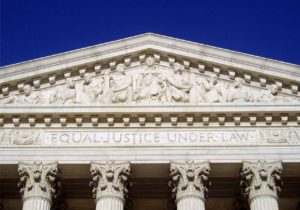


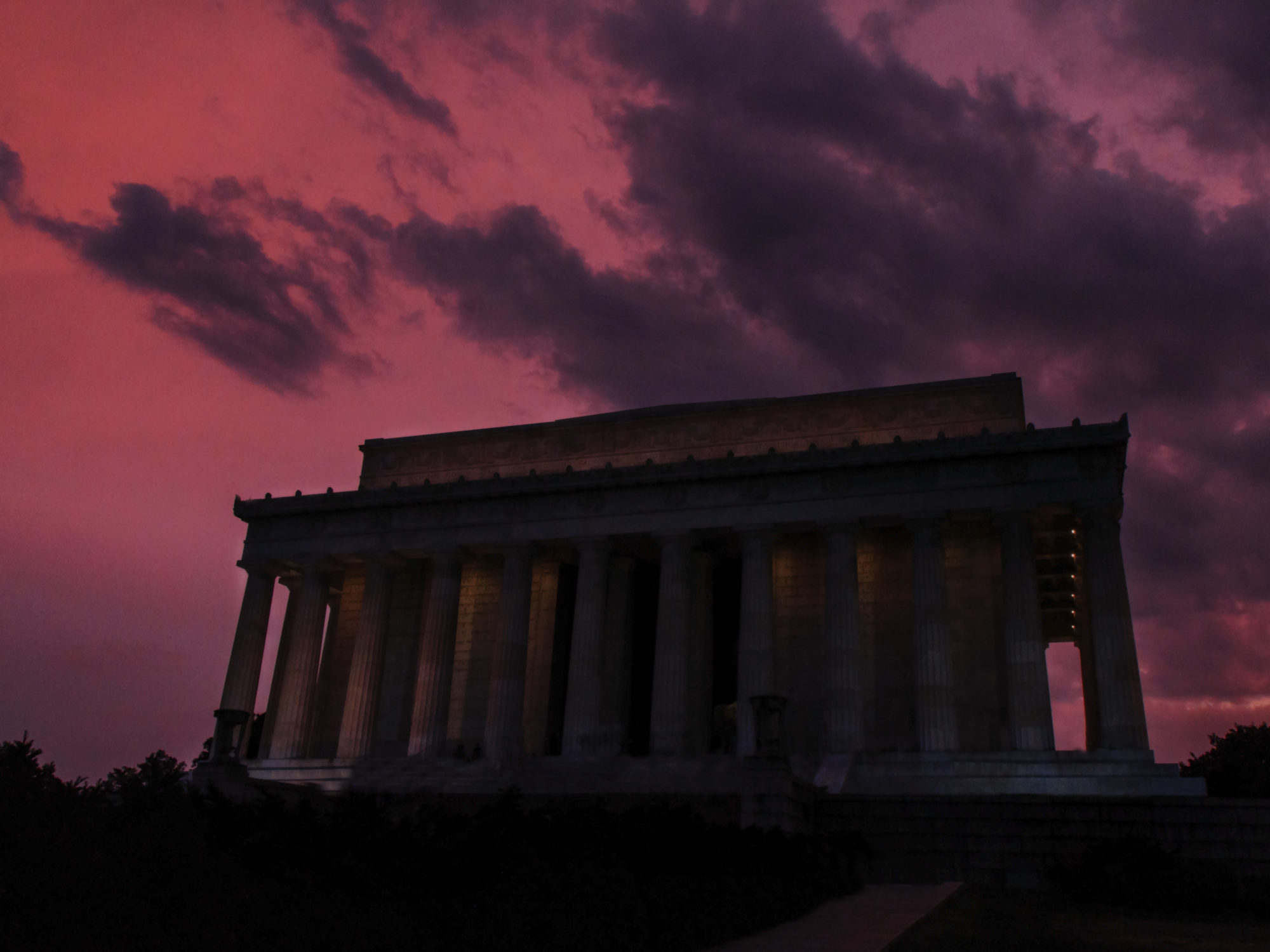

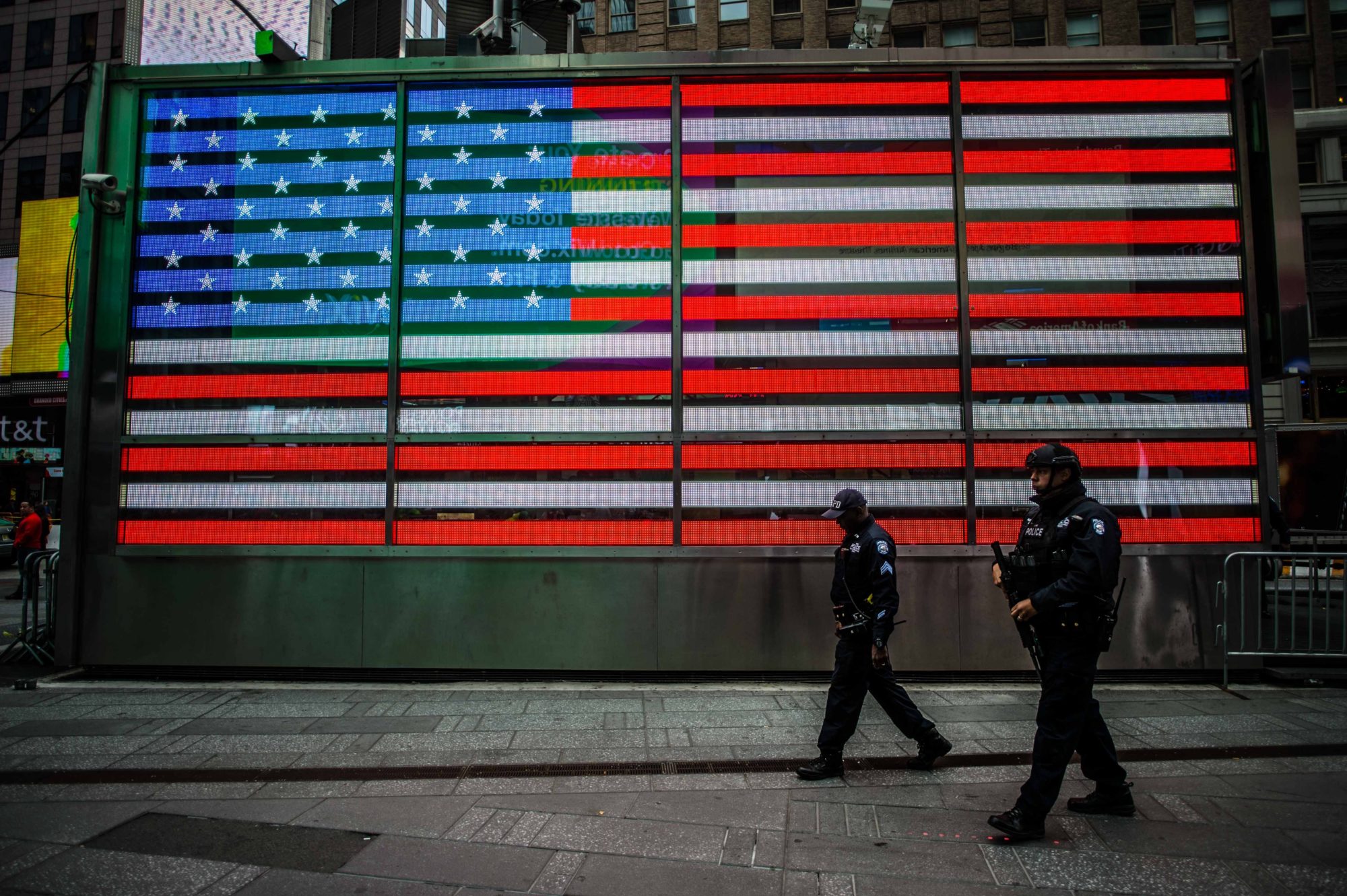
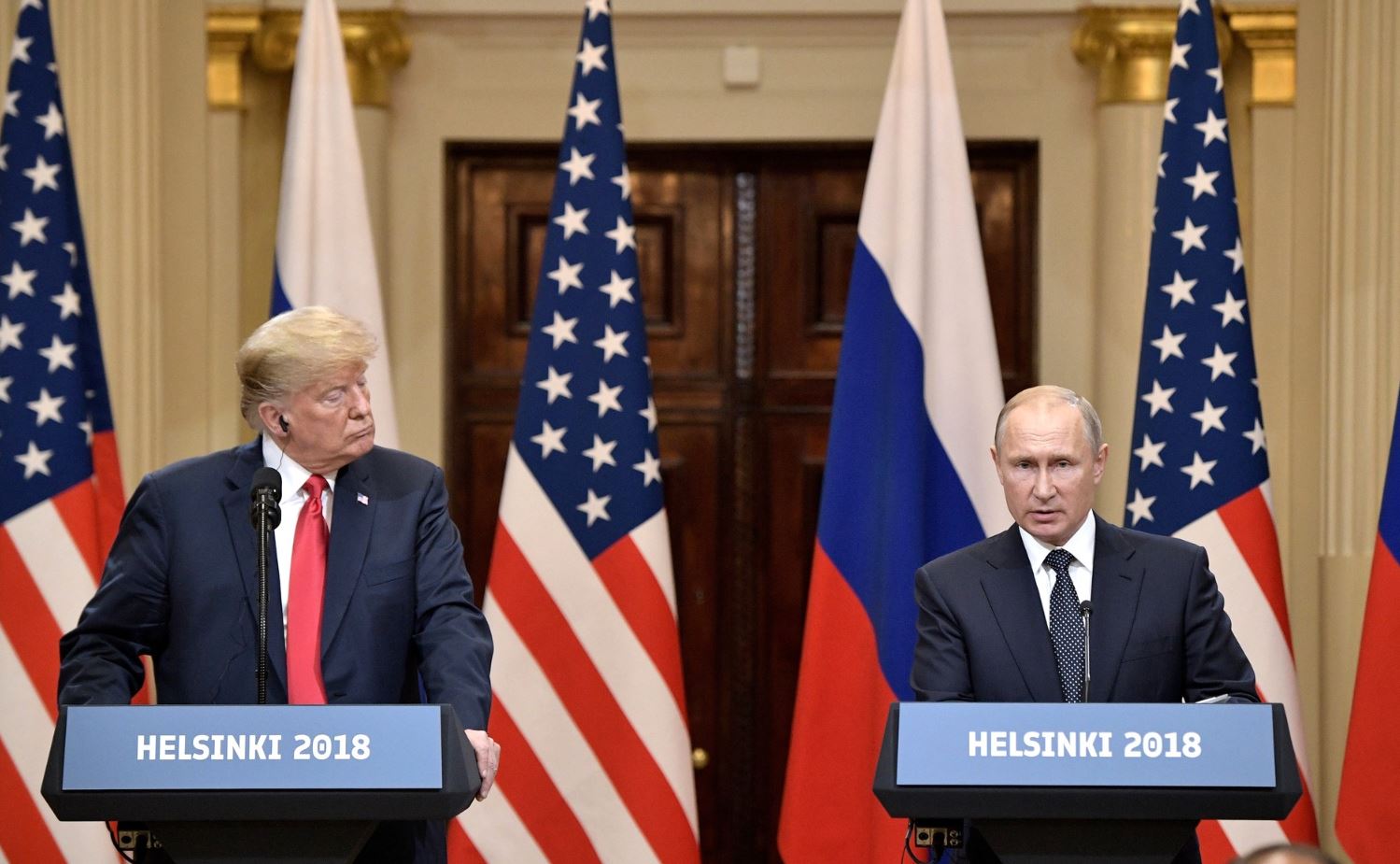
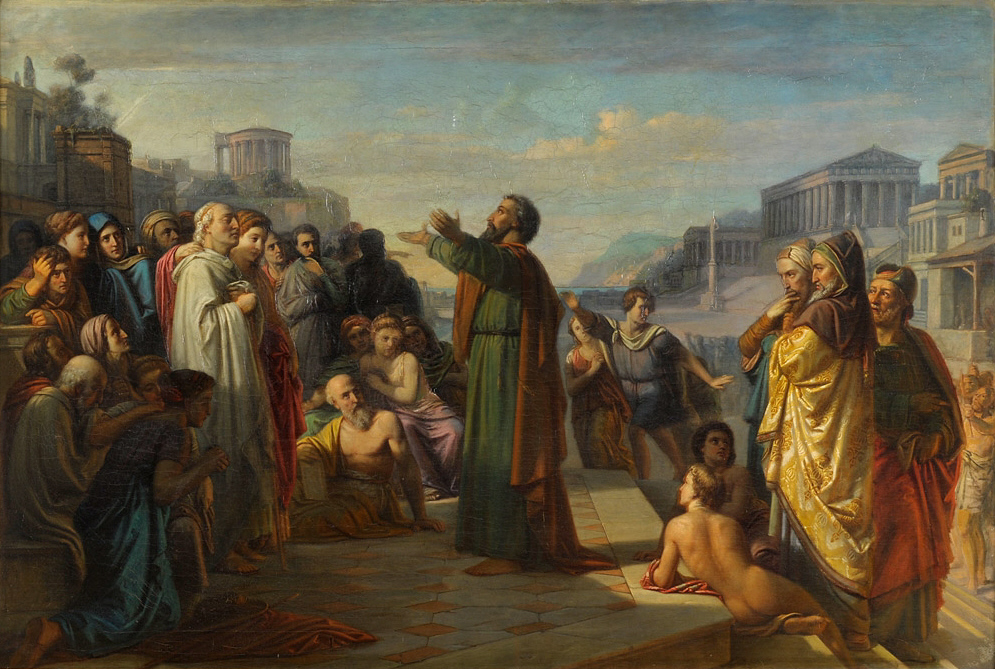

 Sponsor a student for Christianity & National Security 2024
Sponsor a student for Christianity & National Security 2024